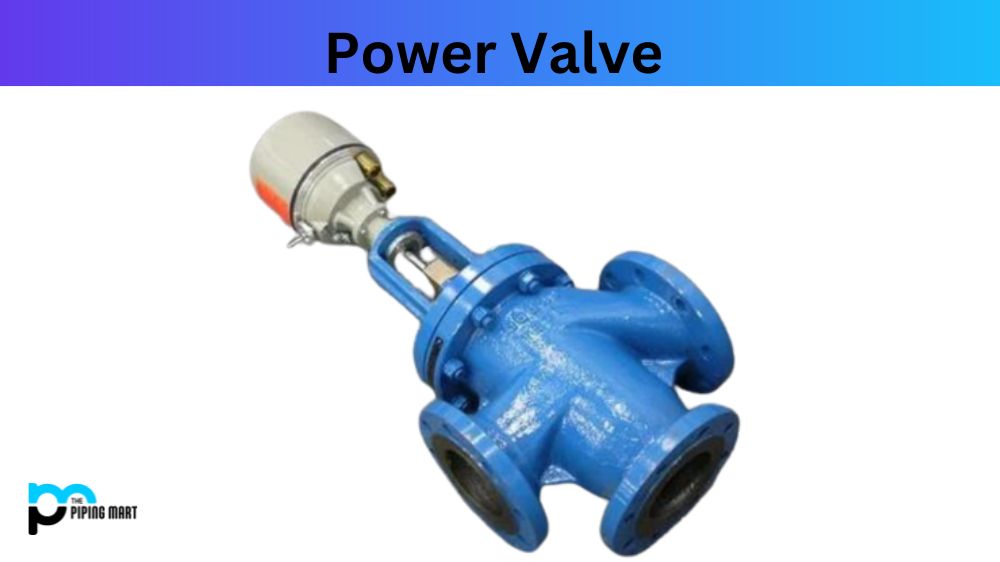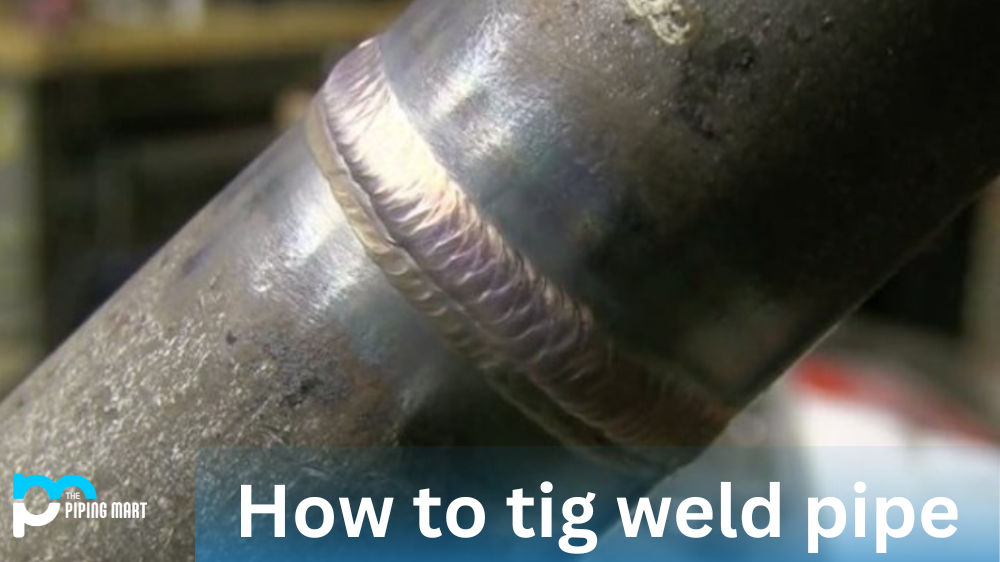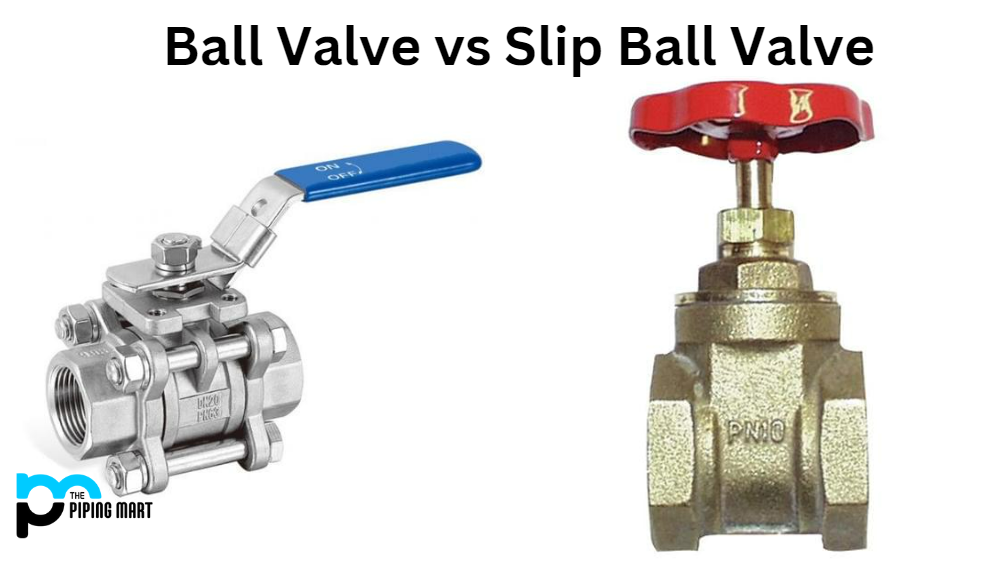Regarding engines, power and torque are crucial factors determining their overall performance. Unfortunately, accessing these factors is not always as easy as it seems. The good news is, however, that you can improve your engine’s power and torque through a Power Valve. So, what exactly is a Power Valve, and what are its properties, uses, and applications? This blog post provides comprehensive information about Power Valves and their significance in engine enhancement.
What is Power Valve?
Power valve is a device used to control the exhaust gas flow in internal combustion engines. It improves engine performance by allowing the engine to “breathe” more efficiently at higher RPMs. In addition, it helps reduce harmful emissions and makes the engine run smoother and quieter. By regulating intake manifold pressure, it can adjust power output to suit different driving conditions or allow for gear-specific tuning of the engine’s characteristics.
Power Valve Properties:
A Power Valve is an adjustable valve that allows a precise fuel mixture into the carburetor at various RPM levels. They function at low and high RPMs and have two basic models: the mechanical and vacuum power valves. The mechanical power valve relies on mechanical force to open and close the valve. At the same time, the vacuum power valve operates using a vacuum signal from the engine to open and close the valve. The adjustable nature of a power valve allows the enrichment of the mixture when the airflow and engine demand it.
Power Valve Uses:
A Power Valve is ideal for cars with high-performance engines that need more fuel at specific RPM ranges. With a Power Valve, these cars will operate with better fuel efficiency, smoother idling, and improved throttle response, resulting in better performance. Power Valves can further be used on engines that use a single four-barrel carburettor, and they can be adjusted using the various screws and needles found in the carburettor.
Power Valve Applications:
A Power Valve’s primary application is in the fuel system. Besides improving fuel efficiency and overall engine performance, a Power Valve is essential in protecting the engine from significant damage caused by a lean fuel-air mixture, such as detonation and pre-ignition. Detonation and pre-ignition can cause severe or irreversible engine damage. With a Power Valve, you are assured that the engine has access to enough fuel mixture, preventing pre-ignition and detonation.
How To Use a Power Valve:
Before using a Power Valve, it is vital to determine the exact RPM range at which you need more fuel. This step requires a Dyno or tachometer. Once you have determined the RPM range, you can adjust the Power Valve needle to increase or decrease the fuel delivered. Ensure these adjustments are made on a properly jetted carburettor for maximum performance.
Common Benefits of a Power Valve:
Using a Power Valve is an excellent way to enhance engine performance, as it offers the following benefits: Improved throttle response, better fuel efficiency, better low-end power, smoother idling, and reduced engine strain.
Conclusion:
A Power Valve can significantly enhance the performance of your engine. By preventing any potential harm to your car’s engine caused by pre-ignition and detonation and its ability to provide fuel efficiently, your engine will run with maximum horsepower and torque. However, to acquire these benefits, you must choose the right type of Power Valve and understand the specific RPM range that requires fuel enrichment. Remember to consult with an expert before installing and using a Power Valve on your engine to ensure it is done safely and effectively.




